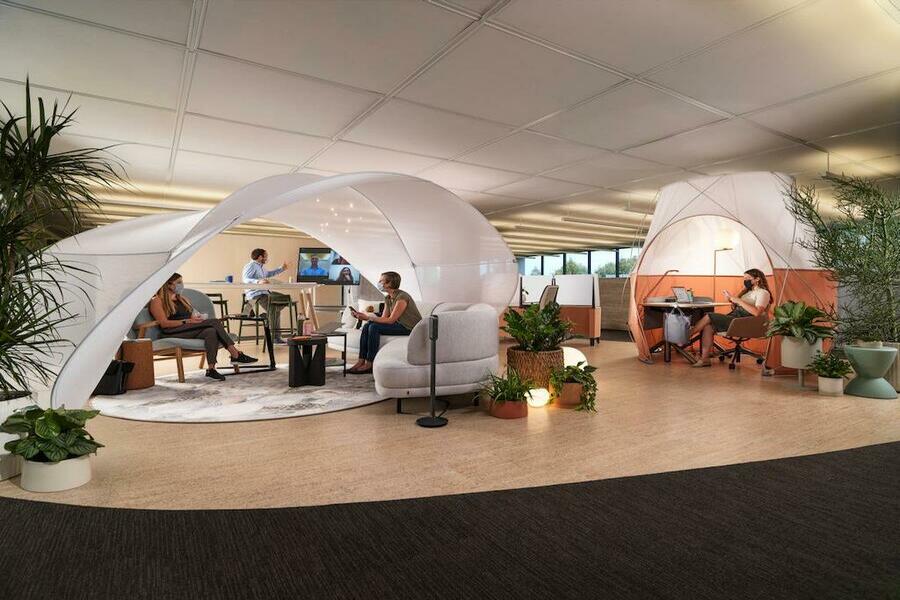
Hybrid workspace mistakes companies need to avoid
A guide to building a future-ready workplace
 New research conducted by Steelcase in the fall of 2021, The New Era of Hybrid Work, highlights the concerns prevailing upon employee mindsets globally and helps zero in on the key mistakes that companies could make as they fully settle into hybrid work environments.
New research conducted by Steelcase in the fall of 2021, The New Era of Hybrid Work, highlights the concerns prevailing upon employee mindsets globally and helps zero in on the key mistakes that companies could make as they fully settle into hybrid work environments.
As companies all over India resume their pre-pandemic office settings, they are also fully confronting the demands of hybrid work environments. Remote and in-office work have come together to form a hyphenated identity that is not merely about the unique interior design of these spaces but also the freedom and expectations that define them.
Focusing on work and not the experience of work
The research delved into factors that influence employee engagement, productivity, and retention. According to the results, 31 per cent of the employees interviewed in India stated that they felt more engaged and productive, and less likely to leave when they like working from their office. This liking is defined by a combination of office amenities and how valued an employee feels in the work environment. Offices should strive to be more than just a space where employees are expected to clock in nine to 12 hours of their day. Instead, they need to make office the space where employees genuinely look forward to spending so much of their time.
Even as leaders work hard to create a work environment that fosters inspiration, purpose, trust, creativity, and freedom, sometimes their all-consuming focus on company digits can dilute their best intentions to provide the former. Especially now, as companies appear more transactional as they highlight remuneration, perks, and remote working policies to draw talent. People want to feel valued and recognised not just as stats in the workforce, but also as a vital and unique presence in their office space. “Organisations need to be resilient, now more than ever before. Every company needs energy at this point, especially now when energy is sapping away, and people are unable to see a clear direction ahead. There needs to be an increase in communication with every generation of employees,” says Praveen Rawal, MD of Steelcase.
This also means that companies need to be more agile while adapting to the new realities, and not continue to impose old metrics to evaluate employee performance. More than ever before, freedom and flexibility are of critical value in the corporate workspace. An insistence on hours logged in or “butts on seat” is seen as outdated in the post-pandemic world. Employees prefer new modes of accountability that respect their intelligence and intention.




